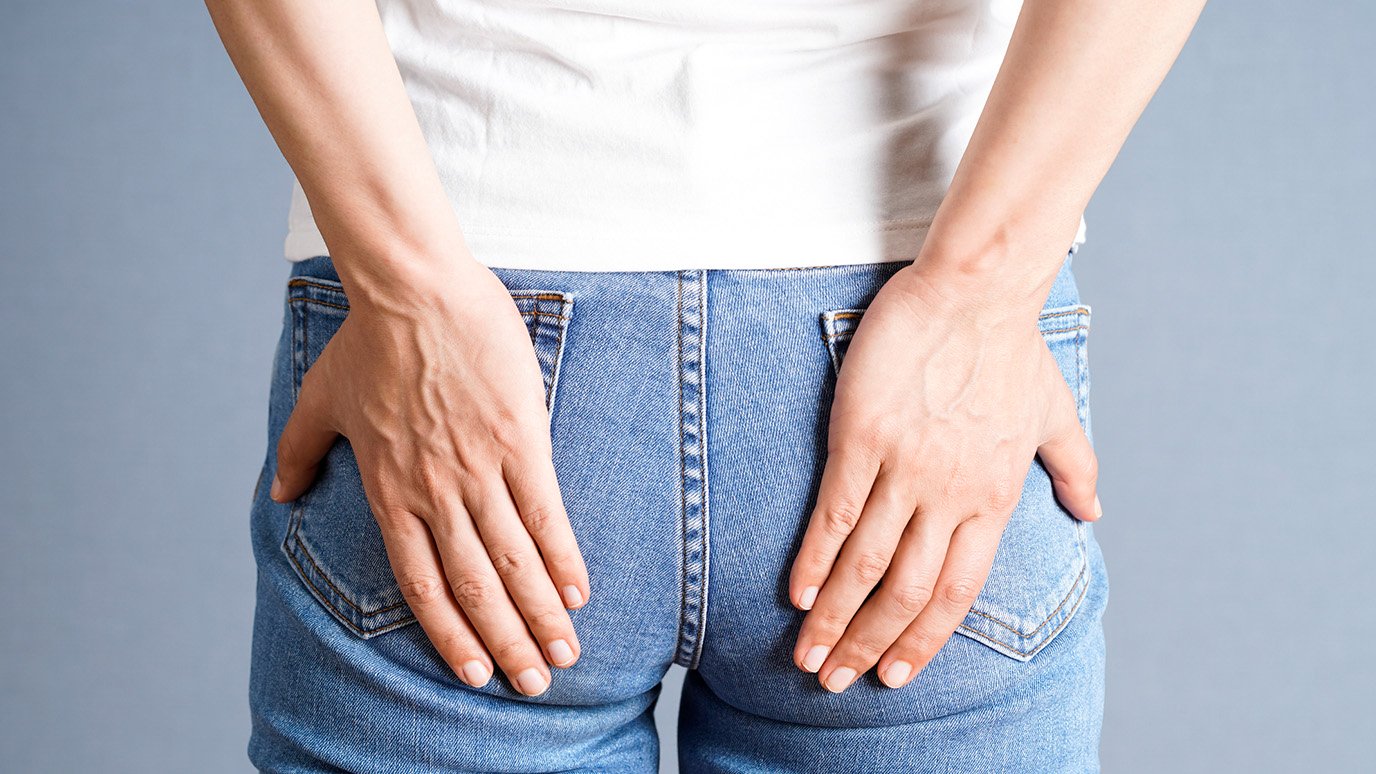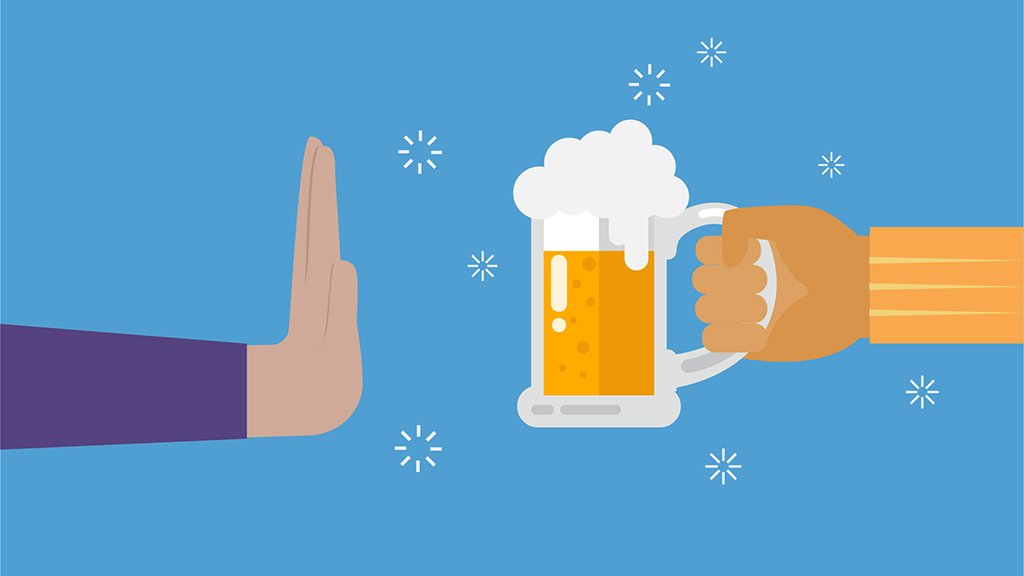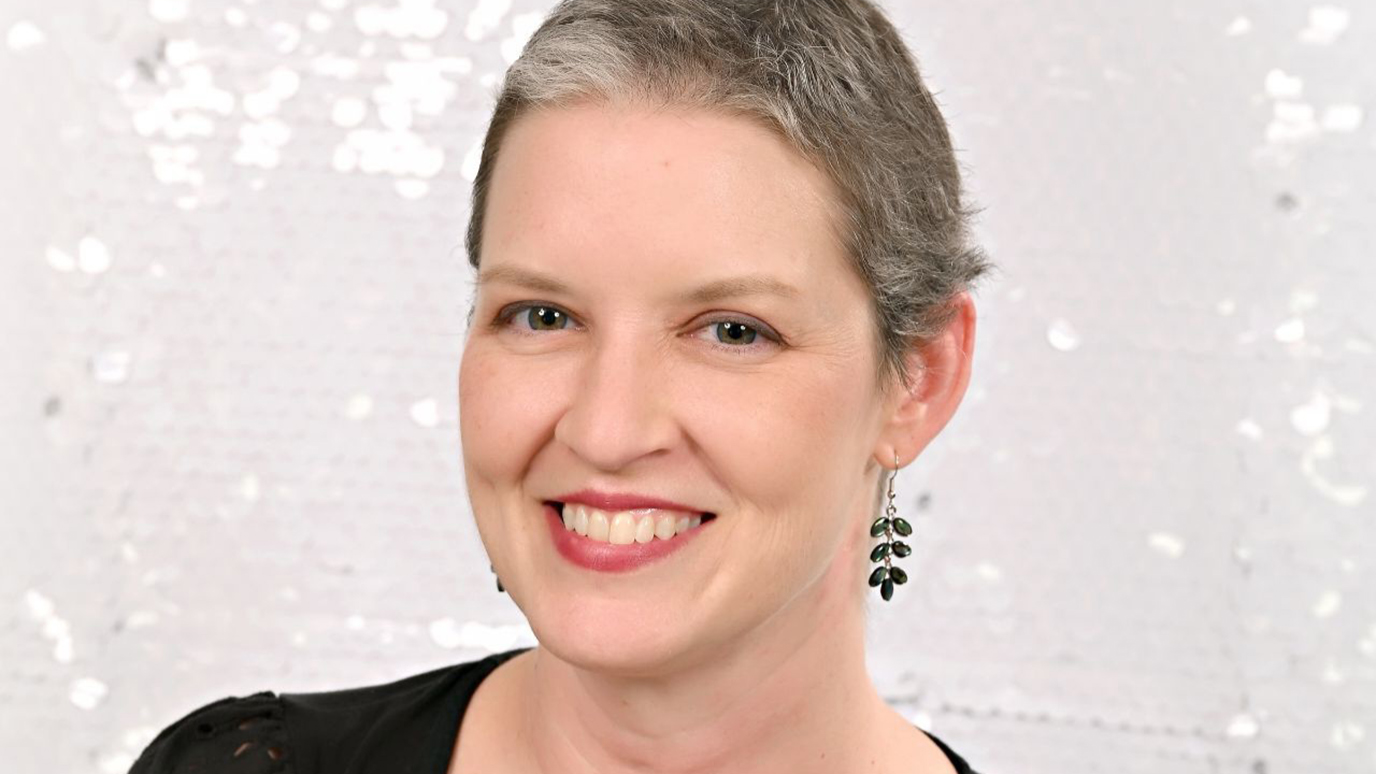- Diseases
- Acoustic Neuroma (14)
- Adrenal Gland Tumor (24)
- Anal Cancer (66)
- Anemia (2)
- Appendix Cancer (16)
- Bile Duct Cancer (28)
- Bladder Cancer (68)
- Brain Metastases (28)
- Brain Tumor (230)
- Breast Cancer (716)
- Breast Implant-Associated Anaplastic Large Cell Lymphoma (2)
- Cancer of Unknown Primary (4)
- Carcinoid Tumor (8)
- Cervical Cancer (154)
- Colon Cancer (164)
- Colorectal Cancer (110)
- Endocrine Tumor (4)
- Esophageal Cancer (42)
- Eye Cancer (36)
- Fallopian Tube Cancer (6)
- Germ Cell Tumor (4)
- Gestational Trophoblastic Disease (2)
- Head and Neck Cancer (6)
- Kidney Cancer (124)
- Leukemia (344)
- Liver Cancer (50)
- Lung Cancer (288)
- Lymphoma (284)
- Mesothelioma (14)
- Metastasis (30)
- Multiple Myeloma (98)
- Myelodysplastic Syndrome (60)
- Myeloproliferative Neoplasm (4)
- Neuroendocrine Tumors (16)
- Oral Cancer (100)
- Ovarian Cancer (170)
- Pancreatic Cancer (166)
- Parathyroid Disease (2)
- Penile Cancer (14)
- Pituitary Tumor (6)
- Prostate Cancer (144)
- Rectal Cancer (58)
- Renal Medullary Carcinoma (6)
- Salivary Gland Cancer (14)
- Sarcoma (236)
- Skin Cancer (294)
- Skull Base Tumors (56)
- Spinal Tumor (12)
- Stomach Cancer (60)
- Testicular Cancer (28)
- Throat Cancer (90)
- Thymoma (6)
- Thyroid Cancer (98)
- Tonsil Cancer (30)
- Uterine Cancer (78)
- Vaginal Cancer (14)
- Vulvar Cancer (18)
- Cancer Topic
- Adolescent and Young Adult Cancer Issues (20)
- Advance Care Planning (10)
- Biostatistics (2)
- Blood Donation (18)
- Bone Health (8)
- COVID-19 (362)
- Cancer Recurrence (120)
- Childhood Cancer Issues (120)
- Clinical Trials (624)
- Complementary Integrative Medicine (24)
- Cytogenetics (2)
- DNA Methylation (4)
- Diagnosis (230)
- Epigenetics (6)
- Fertility (62)
- Follow-up Guidelines (2)
- Health Disparities (14)
- Hereditary Cancer Syndromes (122)
- Immunology (18)
- Li-Fraumeni Syndrome (8)
- Mental Health (118)
- Molecular Diagnostics (8)
- Pain Management (62)
- Palliative Care (8)
- Pathology (10)
- Physical Therapy (18)
- Pregnancy (18)
- Prevention (892)
- Research (390)
- Second Opinion (74)
- Sexuality (16)
- Side Effects (604)
- Sleep Disorders (10)
- Stem Cell Transplantation Cellular Therapy (216)
- Support (404)
- Survivorship (322)
- Symptoms (184)
- Treatment (1772)
Should cancer patients avoid sugar? 5 things to know
BY Erma Levy
3 minute read | Published April 30, 2024
Medically Reviewed | Last reviewed by an MD Anderson Cancer Center medical professional on April 30, 2024
There are many myths and questions about sugar and cancer treatment. But what do cancer patients really need to know about sugar to make sure they’re getting the best diet during treatment? Here, I'll answer common questions I hear about sugar and cancer treatment.
What type of sugar is best for cancer patients?
First, it’s important to understand the difference between common types of sugar and how they affect your body.
Added sugars, which can include artificial sweeteners, brown sugar, glucose and high-fructose corn syrup, are found in drinks and processed foods.
Try to have no more than the recommended amount of added sugar each day and take in less sugar if you need to.
The American Heart Association recommends no more than six teaspoons of added sugar per day for women and nine teaspoons per day for men. No more than 10% of your total daily calories should come from added sugars.
That’s because added sugar can lead to unwanted weight gain, which can cause other health problems and increase your risk for cancer.
Natural sugars, which are found in fruits and whole grains, are better choices for cancer patients. These are called complex carbohydrates. Your body breaks them down and turns them into sugar. The body processes complex carbohydrates at a slower rate than sugar from cakes, cookies, pies and candy. Sugar in sweets like these doesn’t have to be broken down and can cause your blood sugar to go up.
Sugar spikes throughout the day are never good. Over time, repeated spikes in your blood sugar can cause problems in your heart, kidneys and other parts of the body. So, if you’re looking for a better source of sugar, it should come from fruits and whole grains.
Does sugar make cancer spread?
Absolutely not. The body doesn't work that way.
Every cell in your body uses glucose, a form of sugar, and that includes cancer cells. But your body doesn’t select cancer cells and decide to give the sugar to those cells. Nor does it do that for healthy cells. Sugar in the body goes everywhere. That doesn’t mean sugar will make the cancer spread.
The problem with sugar is that it’s basically empty calories. It would be better to consume vitamins and nutrients that help your body stay strong during cancer treatment.
Do I need to cut all sugar from my diet?
No. Eliminating all sugar from your diet can be challenging and unrealistic to sustain long-term.
You don’t need to take an all-or-nothing approach. Moderation is key. If you know you’re going to a party and want to have a slice of cake, that’s OK. Just make sure most of what you consume during the day includes a balance of fruits, vegetables, protein and whole grains.
Are artificial sweeteners healthy?
Artificial sweeteners should be limited. These synthetic sugar substitutes may contain zero calories, but that doesn’t mean they’re healthy.
They offer no nutritional benefit, and they could have negative health effects.
It’s best to limit artificial sweeteners or consume them in moderation.
Are natural sweeteners OK to consume?
Natural sweeteners like honey, dates, raisins and agave are often thought of as healthy alternatives to sugar. But the health benefits aren’t big enough to make a difference in your diet.
Natural sweeteners do contain some antioxidants, vitamins and minerals, but they're really small amounts. They won’t have a big effect on your health.
The most important thing is for cancer patients to consume sugar in moderation and keep a balanced diet. Focus on getting the nutrients you need to stay strong during treatment.
Erma Levy is a senior research dietitian at MD Anderson.
Request an appointment at MD Anderson online or call 1-844-446-0135.
Related Cancerwise Stories

Moderation is key.
Erma Levy
Senior Research Dietitian





